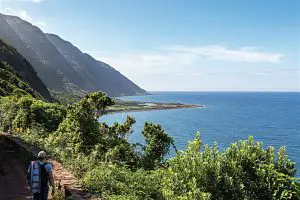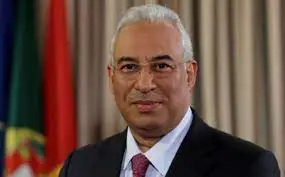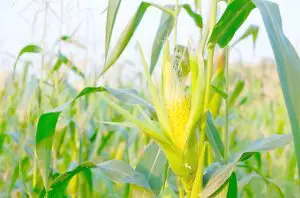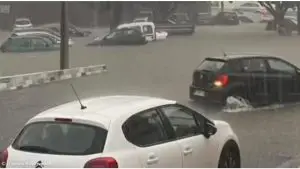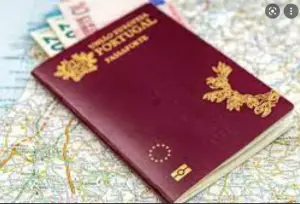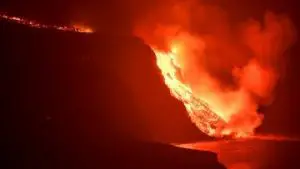Tourism recovers to pre-pandemic levels
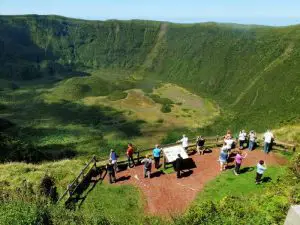
In the period from January to September, the Azores recorded 2.5 million overnight stays, slightly above the number seen in the same period of 2019, before the pandemic (+0.7%).
Revenues, only those relating to traditional hotels, reached in the period in question, from January to September, 104.6 million euros, which represents, in the Region as a whole, an increase of 19%, compared to the same period of 2019, which was 87 million, growth well above the increase in overnight stays.
Terceira was the island that recorded one of the highest recovery rates (+14%), higher than the regional average and higher than several other islands. This growth is the result of the increase in operations from abroad to Lajes airport.
S. Miguel slightly down
A value above that of Terceira was recorded for Flores and a higher value was verified on the island of Corvo, which practically doubled.
S. Miguel did not reach the total number of overnight stays for the same period of 2019, a number that at that time was already very high, but it is a minor decrease (-0.8%).
More accentuated declines were registered in Santa Maria (-9.5%), Graciosa (-13.3%) and S. Jorge (-8.5%).
The average stay, in the Azores as a whole, in the current year of 2022, in the period from January to September, considering only the traditional hotel industry, was 3 days per guest, with the lowest record in Corvo, with 1.8 days and the highest in S. Miguel with 3.3 days.
The stay in Terceira was 2.7 days, in Graciosa 2.3, in S. Jorge 2.3, in Pico 2.6 and in Faial 2.3 days per guest.
In September 2022 there were 2505 employees in the traditional hotel industry, less about 300 of those who worked in August, which were 2813.
Added Value close to 10%?
Data from 2019, the latest known, pointed to a Gross Added Value in the tourism sector of 7.9%, registering, at that time, a growth of 2 percentage points compared to 2016.
Some economists believe that this value could be close to the 10%.
It is not possible, for the time being, to assess the impact of the crisis resulting from COVID and to what extent the recovery that is now taking place will be able to restore the values of the expected added value of tourism.
by Rafael Cota*
(*) Journalist.
Special for Diário dos Açores

